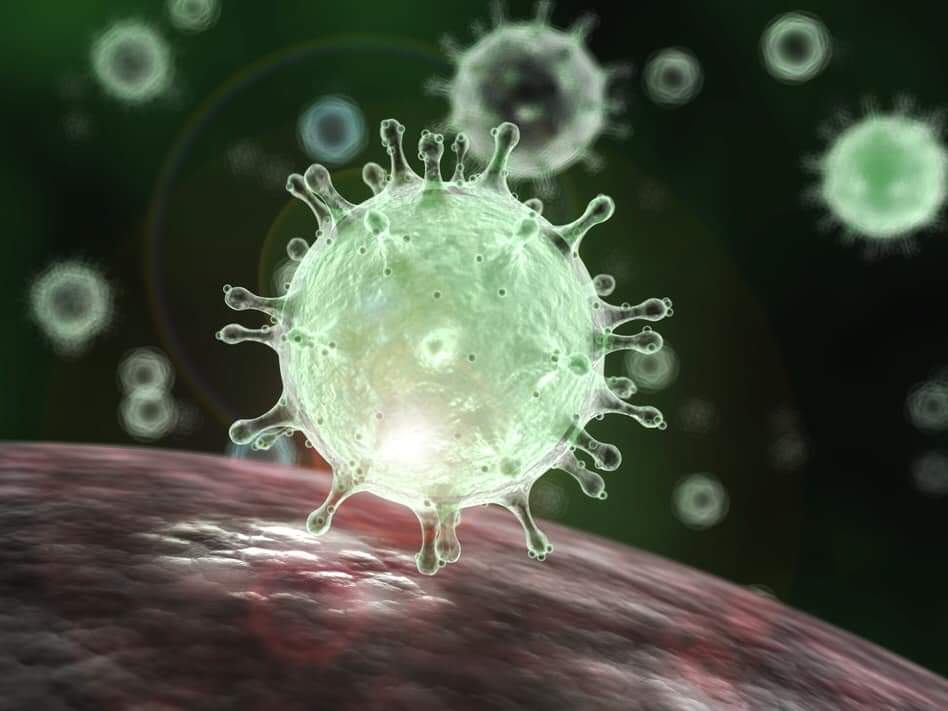No case of Human- Animal Corona virus transmission reported:GADVASU
Pashudhan praharee network, 5th Feb 2020.
Ludhiana : Following the novel coronavirus (2019-nCoV) outbreak in China and other parts of the world, the Guru Angad Dev Veterinary and Animal Sciences University (GADVASU) on Monday advised the livestock and poultry farmers of the region not to panic.
No incident of transmission of the deadly virus from animals to humans or animals to animals had been noticed so far, said Dr Kirti Dua, in-charge, Centre for Wildlife Studies and professor of veterinary medicine, GADVASU.
Dua urged people not to fall prey to the fake news being spread on social media.
Dua said initial reports suggest that the animal-based (zoonotic) coronavirus jumps into humans and causes severe illness only on rare occasions, but when they jump, they may mutate during their multiplication.
In the present scenario, it is suspected that the wildlife food trade in Wuhan city of China, which includes bats, civets, porcupines, turtles, bamboo rats and many kinds of birds, played a significant role in the virus outbreak, he said.
“The panic spread through social media about H5N1 or commonly known as bird flu few years ago had caused huge loss core to the poultry business across the country. Hence, this time we have decided to keep the famers updated about the status of the virus. Besides sharing details on farmers groups, we are trying to reach out people in through newspapers and other media,” said Dua.
preventive measures
He said the World Health Organisation’s standard recommendations for the general public to reduce exposure and transmission of a range of illnesses include hygiene and safe food practices.
He said while coughing and sneezing, one should cover his or her mouth and nose with flexed elbow or tissue and throw tissues away immediately and wash hands.
One should avoid close contact with anyone who has fever and cough, he said.
He said if one suffers from fever, cough and difficulty breathing, he or she should seek medical care early and share previous travel history with the health care provider.
While visiting live markets in areas currently experiencing cases of novel coronavirus, avoid direct unprotected contact with live animals and surfaces in contact with animals, he said.
Consumption of raw or undercooked animal products should be avoided, he said.
Wash hands after touching pets
Dua said there was no evidence of companion animals or pets such as dogs or cats being infected with the new coronavirus.
However, it was a good idea to wash hands with soap and water after contact with pets, he said.
This will protects people against most disease-causing microorganisms, he said.



